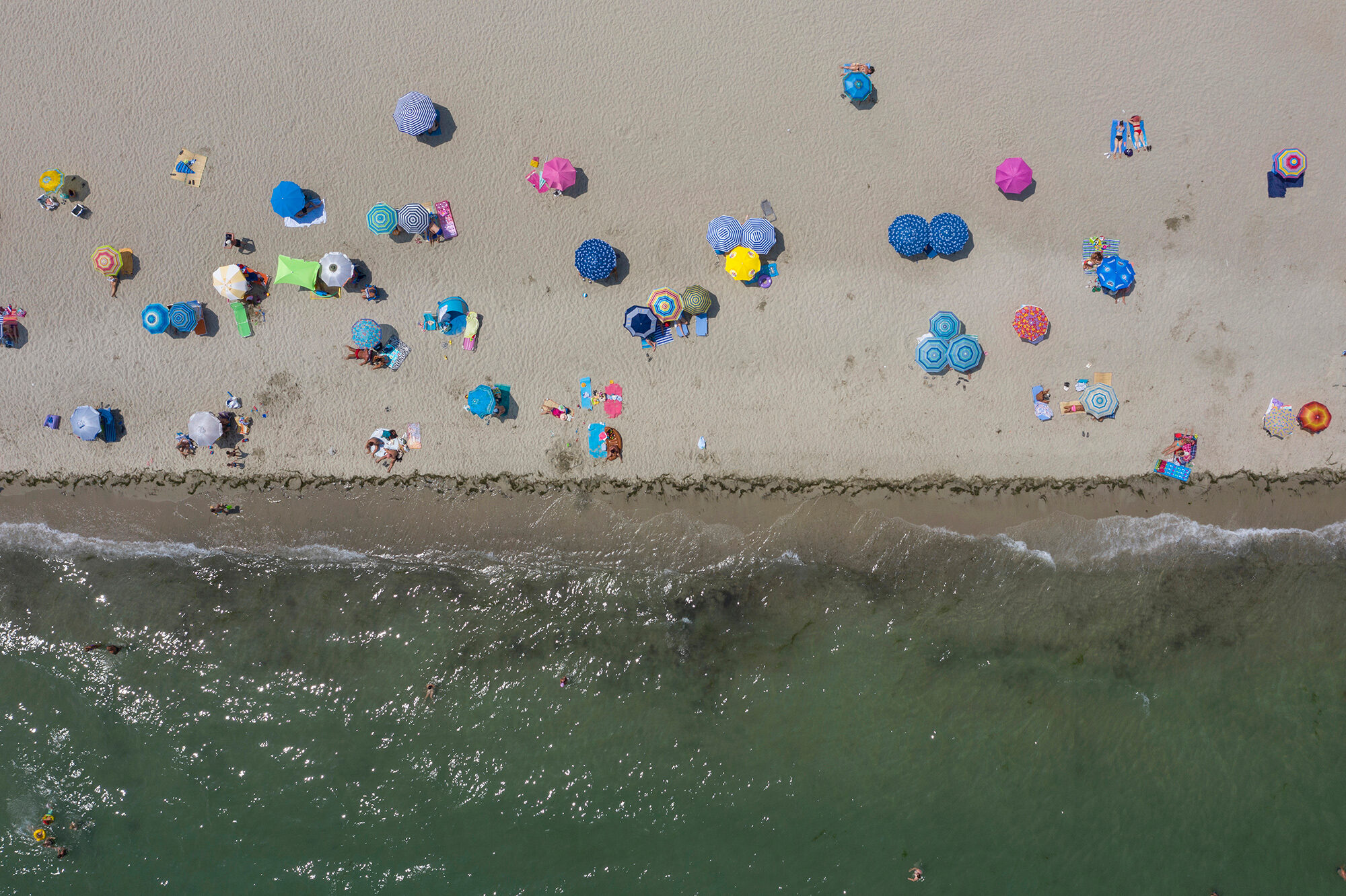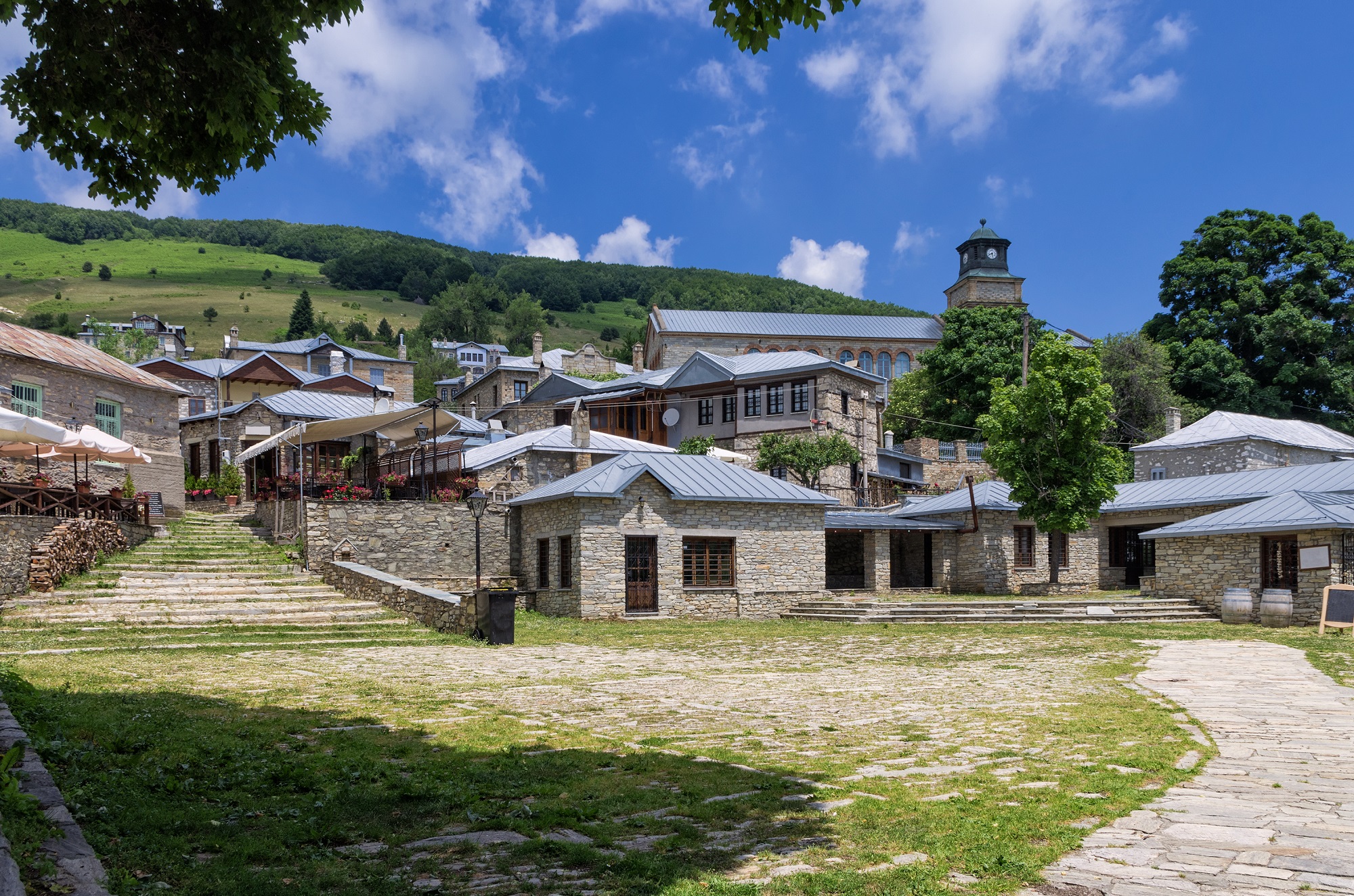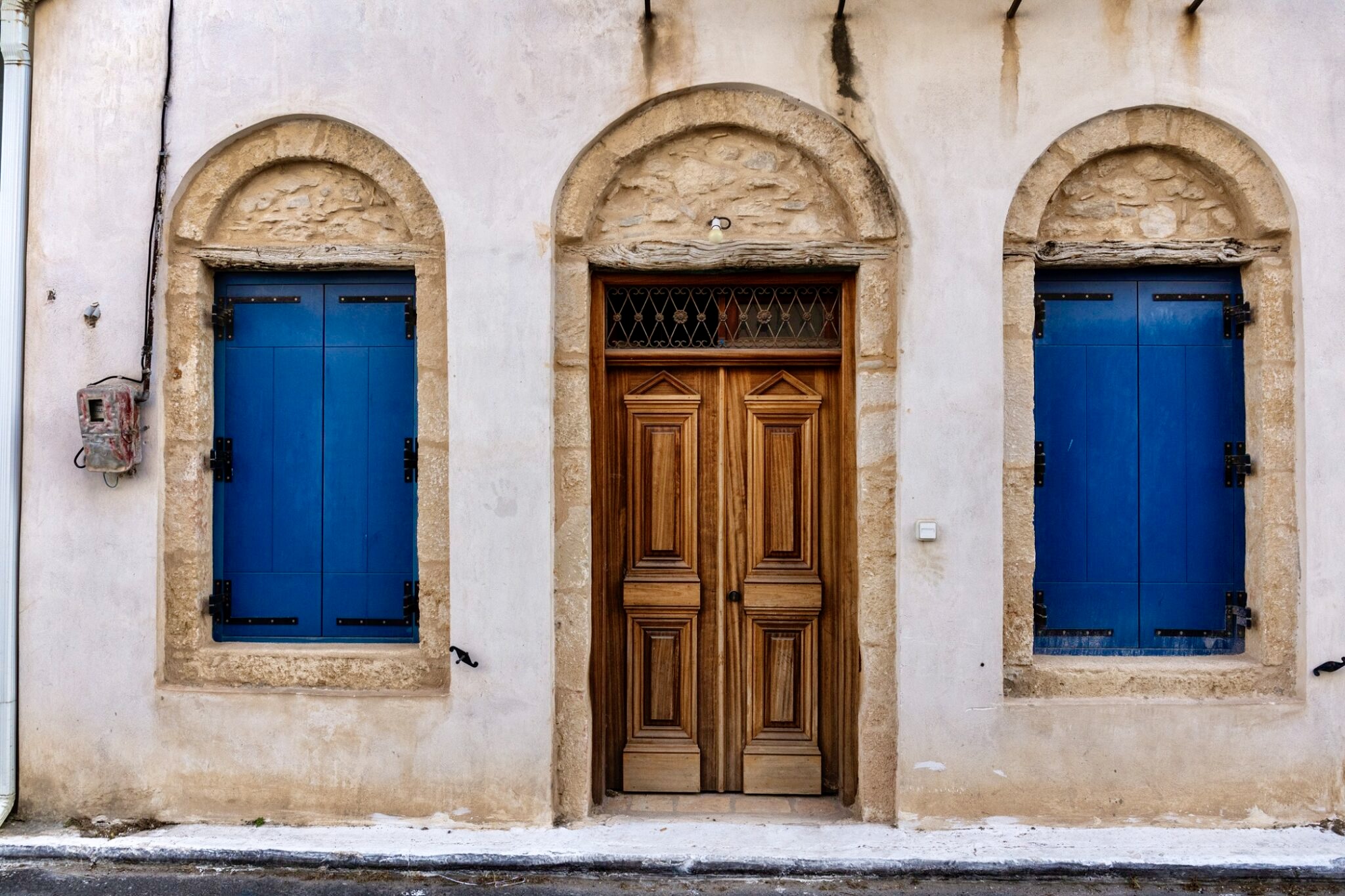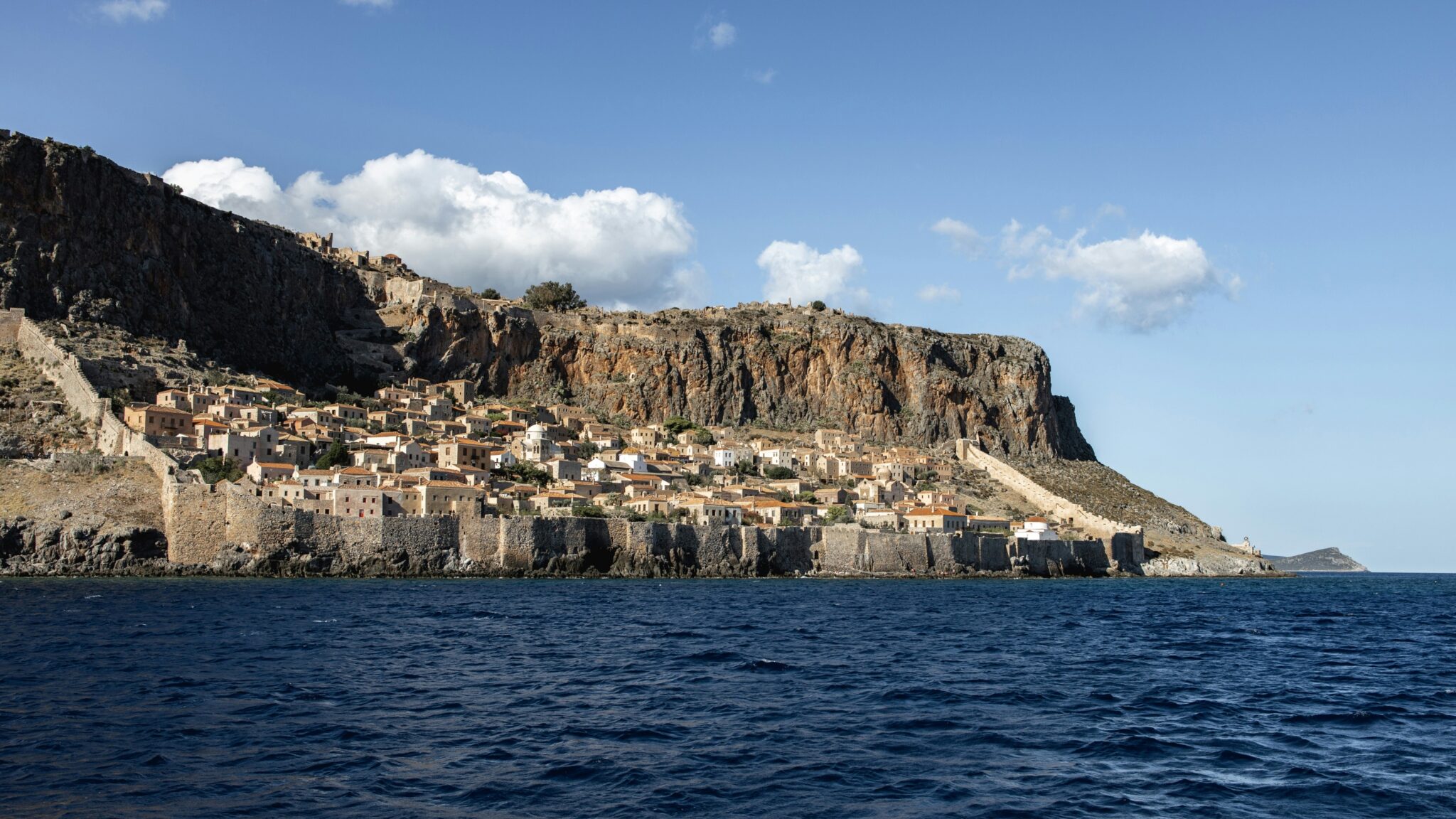According to the report on arrivals and revenue for the month of January, published by the Bank of Greece, the year started off well in terms of tourism in Greece.
On the other hand, according to a report by the Office of Economic and Commercial Affairs of the Greek Embassy in Madrid, there has been a decrease in interest in flights to our country after the Russian invasion of Ukraine. This, however, does not affect the positive predictions for Greek tourism for the year.
Travel revenue
More specifically, according to the Bank of Greece’s report, in January, the revenue from travel reached 140.1 million euros, showing an increase of 309.8% compared to the same month of 2021. There was a 270.6% increase in revenue from EU-27 countries, that totalled 80.1 million euros, while the revenue from countries outside the EU-27 increased by 373.5% (59.4 million euro in January 2022, 12.6 million euros in January 2021). There was a 295.1% increase of revenue from EU-27 countries (January 2022: 62.6 million euros, January 2021: 15.8 million euro), while the revenue increase from countries outside the EU was 203.3%, reaching 17.5 million euros. The majority of travellers from within the EU-27 came from two countries: Germany, with an increase of revenue by 227.7%, amounting to 21.4 million euros, and France, with an increase of 486.9%, totalling 5.4 million euros. Regarding countries outside the EU-27, there was an increase of 524.8% in revenue from the United Kingdom, reaching 16.4 million euros, while revenue from the USA increased 3,768.9% reaching 7 million euros. Revenue from Russia also increased by. 1,085.7%, reaching 0.9 million euros.
Arrivals
There were 341.400 incoming travellers in January, an increase of 256.7% compared to the same month in 2021. More specifically, there was a 352.3% increase of airport traffic, compared to January 2021, while land arrivals increased by 182.9%. The increase of incoming travel from EU-27 countries amounts to 219.6%, and that from countries outside the EU amounts to 324.4%. More specifically, the increase of 270.2% from EU countries, amounts to 148,900 travellers, while the number of travellers from countries outside the EU was 48,600, an increase of 125.2%. The number of travellers from Germany increased by 183.5%, reaching 54,200 travellers, while there were 15,800 French tourists, an increase of 424.8%. The number of tourists from the United Kingdom reached 33,400, an increase of 483.9% and from the USA the number was 10,800 travellers, an increase of 1,379.6%. Finally, Russian tourists were 2,200, an increase of 579.3%.
British flight search
The Office of Economic and Commercial Affairs of the Greek Embassy in Madrid used data by Mabrian, a travel intelligence platform for the tourism industry. In their survey, they looked at flight searches from the United Kingdom 13 days before and after the Russian invasion of Ukraine for Spain, Portugal, Greece and Turkey. In the first period examined, that is 13 days before the invasion, the searches increased by 13.2% and 12.7% for Portugal and Spain respectively, and for Turkey and Greece there was a decrease of 10.45% and 8.15%. After the invasion, the flight searches dropped by 40% for all four destinations. However, for both Spain and Portugal, only 6 days were enough for the searches to rise again, while in the 13 days after the invasion, neither Turkey nor Greece have overcome the impact of the war in Ukraine in terms of flight searches.
The Russian invasion of the Ukraine does not appear, at least for now, to have affected travel traffic, at least in terms of searching and bookings in Spain, but another impact of the war has been the rise in power costs, that affects the sector significantly. According to the chairman of the Spanish Confederation of Hotels and Tourist Accommodations (Cehat), Jorge Marichel, efforts will be made for this rise to not be reflected in the sector prices, since Turkey, one of the main competitors for European tourism, is expected to lower its prices to attract more tourists, since, before the war, the main tourist influx was Russia.
According to the Madrid office, due to the war, Catalonia is creating a plan to substitute the Russian tourists by focusing on the United Kingdom market (that amounted to 30% of reservations in 2019), on France (17%), Ireland (7.5%), Belgium (3.9%), Germany (3.7%) and Holland (3.5%). We must however note that Russian tourism in the country was limited any way, even before the pandemic, with Catalonia attracting the largest numbers of Russian tourists (from the 1.2 million tourists that visited Spain in 2019, 800.000 travelled to Catalonia).
Read also:
9 picturesque destinations in Greece, ideal for excursions close to nature








